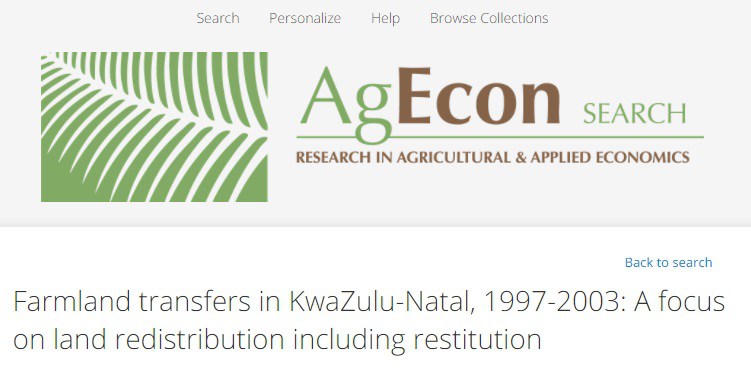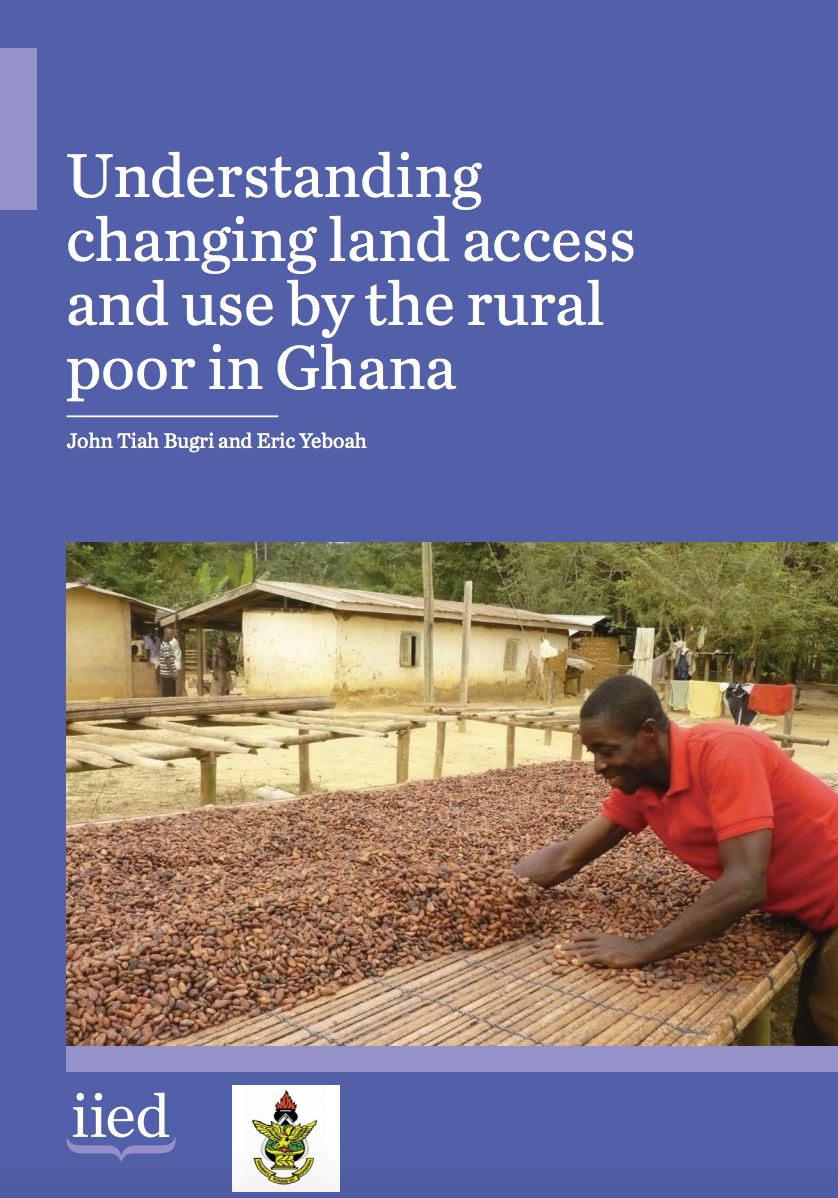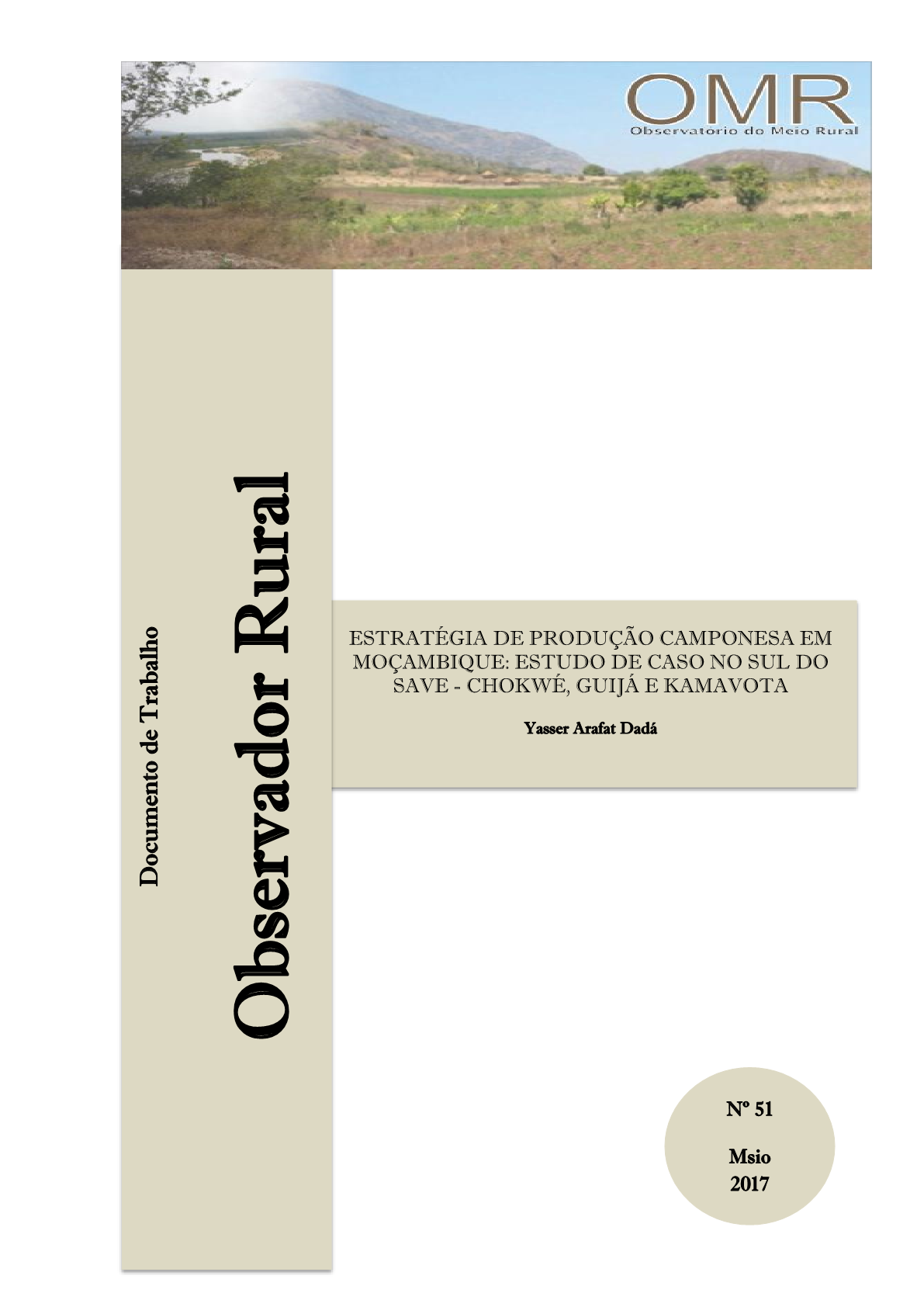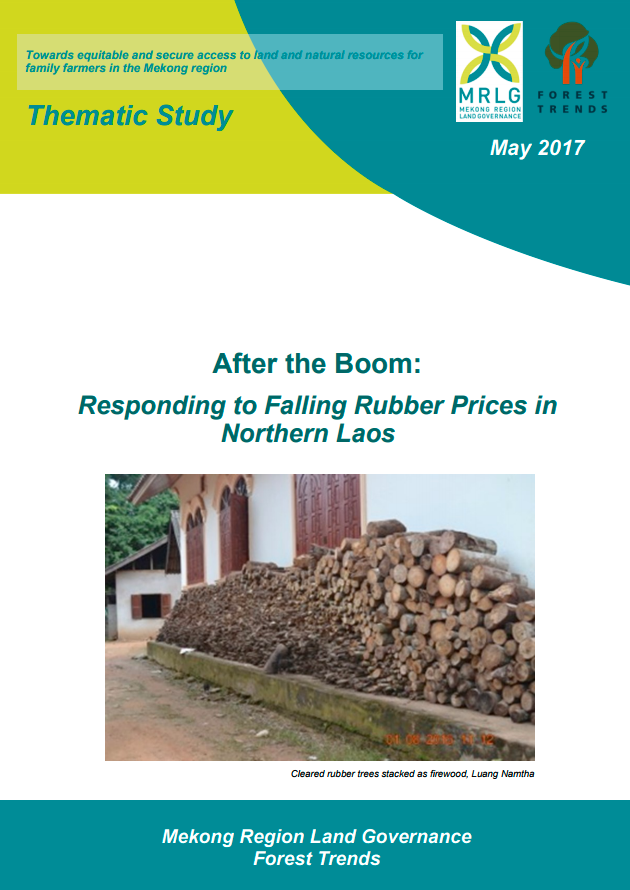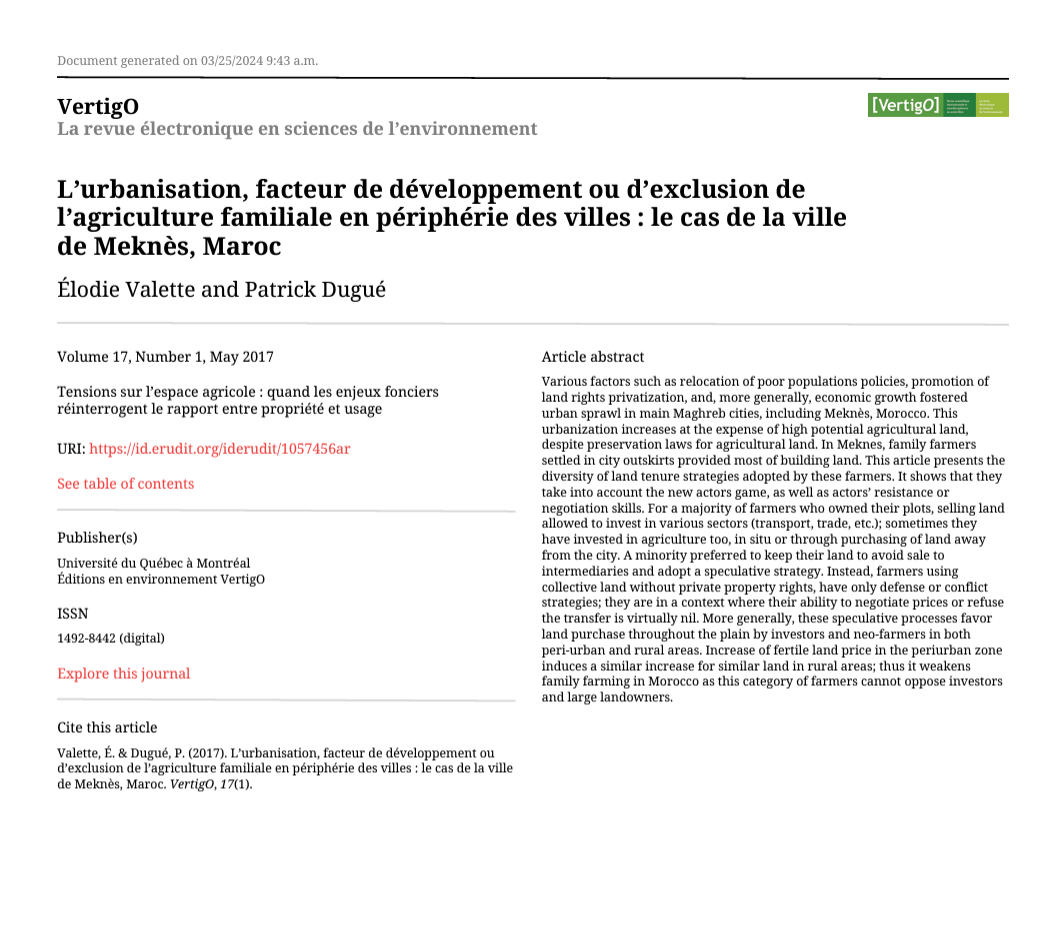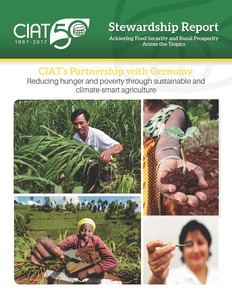Agricultural Policy and Strategic Framework, June 2017.
This revised agricultural policy and strategic framework provides a coherent policy framework to address the key challenges in Timor-Leste. The Government recognizes that there is no simple "solution by technology". The Government will therefore re-orient agricultural and rural development policies that will redefine incentives and reduce barriers to food and agricultural systems transformation. Particular attention will be given to supporting small-scale, low-income farmers in strengthening their capacity to manage risks and adopt effective strategies to adapt to climate change.



